Editor's note: This opinion first appeared in German in Süddeutsche Zeitung.
Russia’s President — a wanted war criminal — Vladimir Putin failed to show up in Istanbul for the “direct talks” with Ukraine that he himself proposed. For the Kremlin to wage an unprovoked war of conquest, reject a ceasefire, and call it a peace effort is nothing new. Russia lies.
In 2022, building up troops at the Ukrainian border, the Kremlin told us it had no intentions of invading. Russia lied.
Eleven years ago, Putin claimed that the unmarked troops seizing administrative buildings in Ukrainian Crimea weren't his. Russia lied.
Ninety years ago, Moscow starved millions of Ukrainians in an effort to break a nation’s will to live free. What the world knows as the Holodomor — and what 35 countries have recognized as genocide — Russia denies.
Russia lies all the time.
Much ink has already been spilled over the Istanbul talks, the Kremlin’s venal theatrics, and Washington’s mixed signals. But the fundamentals remain unchanged. No one longs for peace more than Ukraine — it accepted an unconditional ceasefire in March. Russia did not. It still refuses to stop killing Ukrainians for the crime of being Ukrainian.
To call out Russia’s lies is no longer enough. Europe must confront — and discard — five lethal delusions of its own.
Moscow frames its war of aggression as a neighborly dispute that spiraled out of control — a cynical and callous lie. But many nations entertain the claim, absolving themselves of the responsibility to help Ukraine expel the invaders.
With an economy ten times the size of Russia’s and three times the population, Europe pretends it has done all it could — sanctions, aid, thoughts, and prayers. But half-measures, laced with appeasement, have predictably failed to quench Moscow’s appetite for war. When Russia invaded Georgia in 2008, it marked the collapse of the post-Cold War order. Europe flinched. A well-known serial killer isn’t just knocking on the door — he’s already inside the house.
To call out Russia’s lies is no longer enough. Europe must confront — and discard — five lethal delusions of its own.
First, our fear of escalation fuels Russian aggression.
The response to 2008 wasn’t ignorance — it was fear. Instead of pacifying Moscow, our self-restraint emboldened it. Paralyzed by the belief that confronting Russia was too risky, Europe missed the memo: not confronting it was and remains the most dangerous option of all.
Second, it’s not Putin’s war — it’s Russia’s.
Blaming one man is comforting, but a serious misreading of history. Russia was born an empire and never became a nation. Its rulers changed — tsars, commissars, now kleptocrats — but the colonizer impulses remain. The precursor state to today’s Federation of Oppression, Muscovy, began as a tax collector for the Mongol khans, and it never stopped extracting, erasing, expanding. If the West denies agency to the millions of Russian people today and spares them responsibility for their government, it’ll guarantee that history repeats itself.
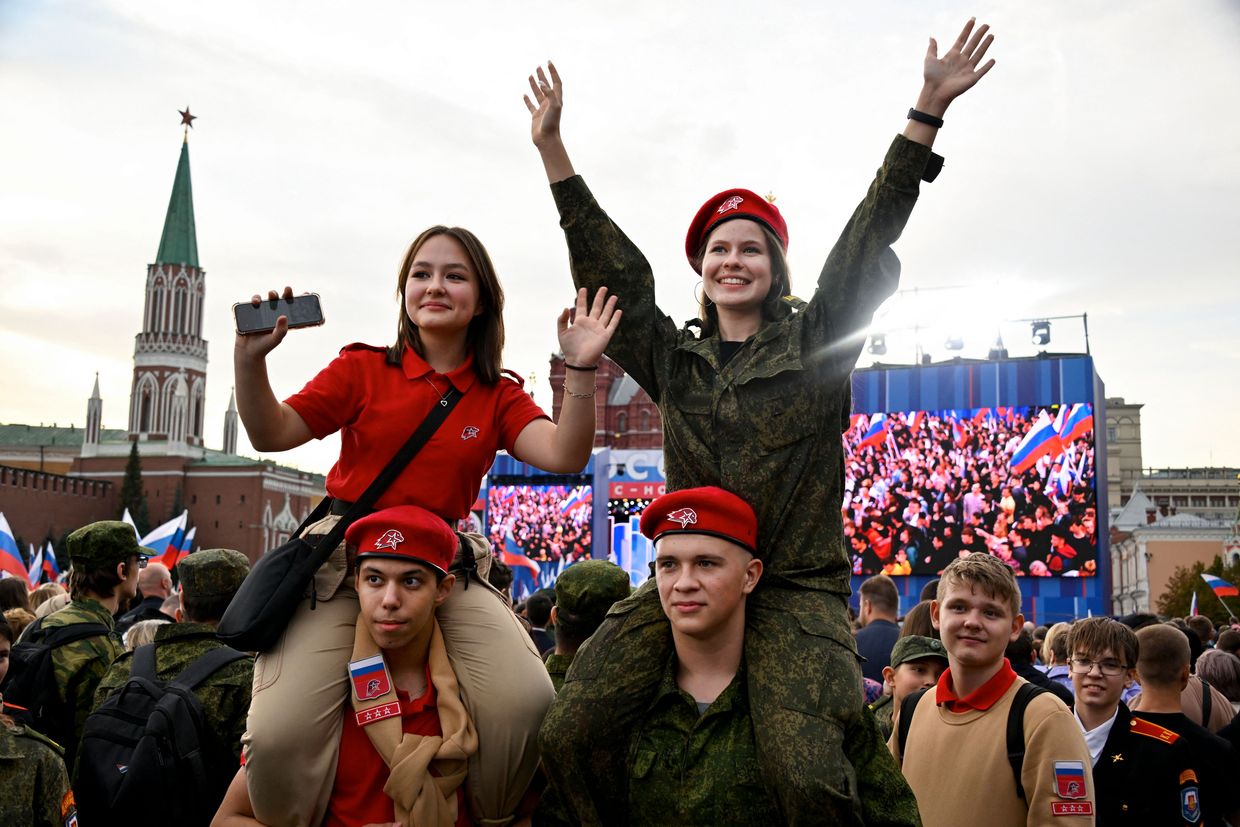
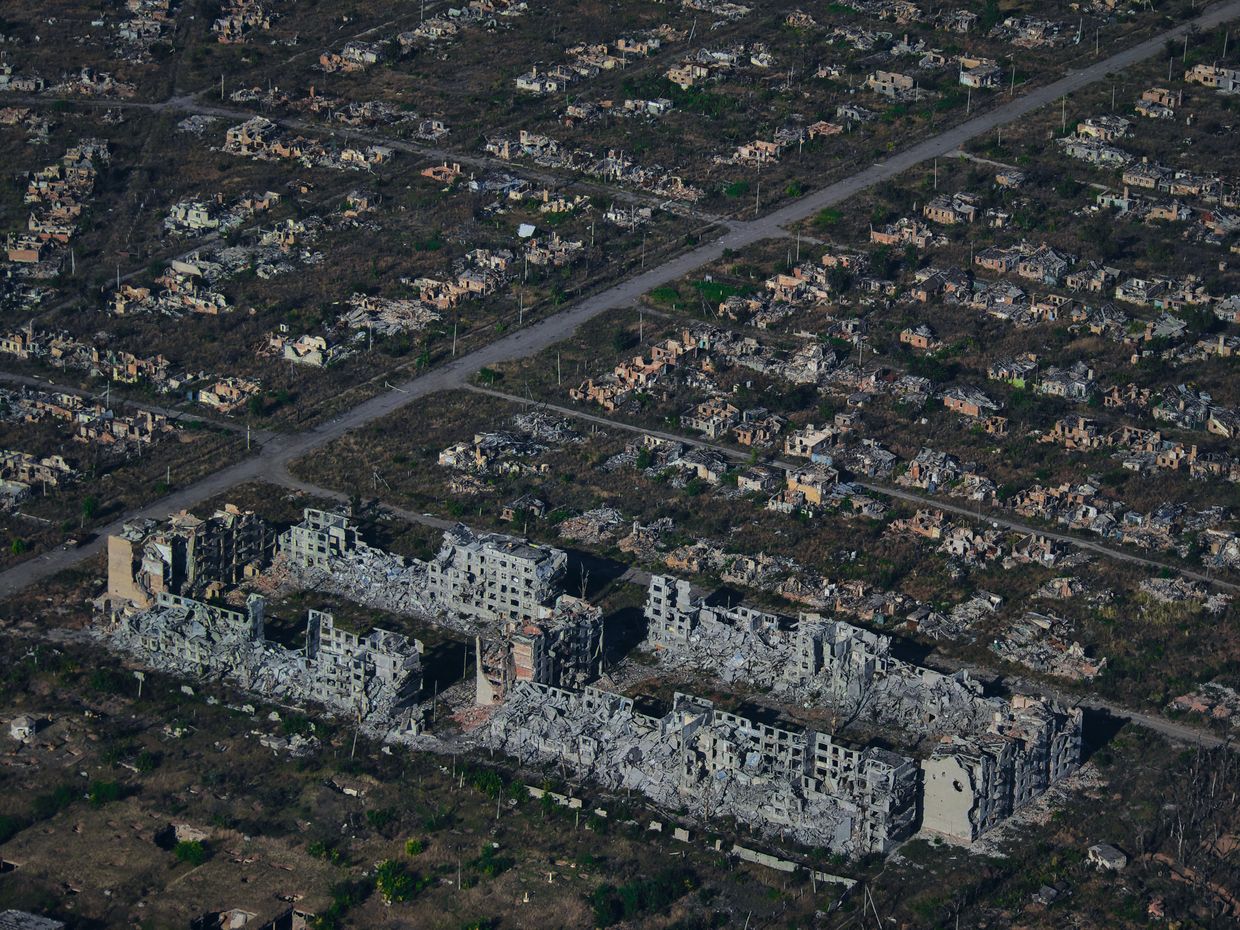
Third, yielding to nuclear coercion rewards the threat and ensures its return.
The world changed forever when Moscow rattled its nukes — and the West responded not with resolve, but retreat. Timothy Snyder said it best: "By taking nuclear blackmail seriously, we have actually increased the overall chances of nuclear war. If nuclear blackmail enables a Russian victory, the consequences will be incalculably awful." The risk of a nuclear strike is never zero — but if Russia walks away with anything resembling a victory, the collapse of the non-proliferation regime is all but assured.
Fourth, the frozen asset debate is backwards.
Europe agonizes over whether transferring $300 billion in frozen Russian assets to Ukraine might set a dangerous precedent. But the flipside is worse: doing nothing signals that a pariah state can wage a war of annihilation — and keep the profits. After WWII, German assets helped rebuild what Hitler destroyed. What’s different now? The Kremlin chose to launch a criminal war and thus forfeited any claim to be treated as a respectable sovereign actor. Making Russia pay is the only fair outcome.
Finally, Ukraine is a security provider for Europe, not a security burden.
By resisting the full-scale invasion, Ukraine has severely degraded Moscow's military capabilities. It chose to stand and fight rather than surrender — a gift the Free World has yet to fully appreciate. Ukraine’s valour is Europe’s shield. A NATO-integrated Ukraine isn’t a liability — it’s what a credible and effective deterrent looks like.
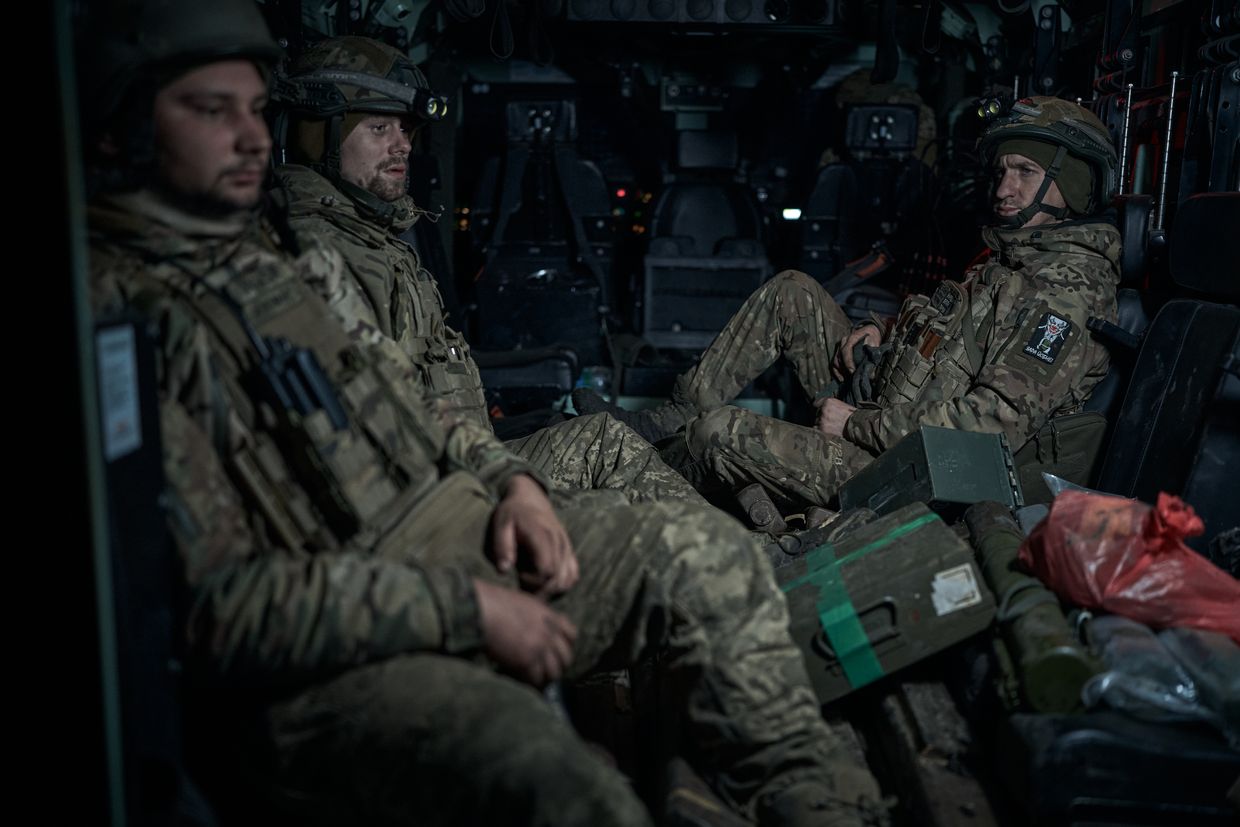
Our wishes notwithstanding, Istanbul was no turning point, but yet another chapter in a centuries-long pattern of deceit driven by Moscow’s imperial ambition. Russia’s own former foreign minister, Andrei Kozyrev, put it plainly: by appointing Vladimir Medinsky — a fringe propagandist loathed even in Russia — to lead the talks, Putin signaled open contempt for diplomacy and for Washington in particular. This wasn’t negotiation — it was provocation in a cheap suit.
The Free World, and Europe in particular, has the means, the direct strategic interest, and — if it finds the will — the moral responsibility to help Ukraine restore its sovereignty. Not just to punish aggression, but to break the cycle of appeasement that brought us here. Victory for Ukraine is not a gift. It is the price of peace in Europe — and the best guarantee that your children won’t be drafted in the coming months or years to defend what remains of it.
A minerals deal won’t stop Russia’s war
News of Victoria Roshchyna’s brutal death at the hands of Russian captors shocked Ukraine and the world last week. Her body was returned mutilated — eyes gouged out, brain removed — bearing evidence of unspeakable brutality. It wasn’t an accident of war. It was a signature of it. This is

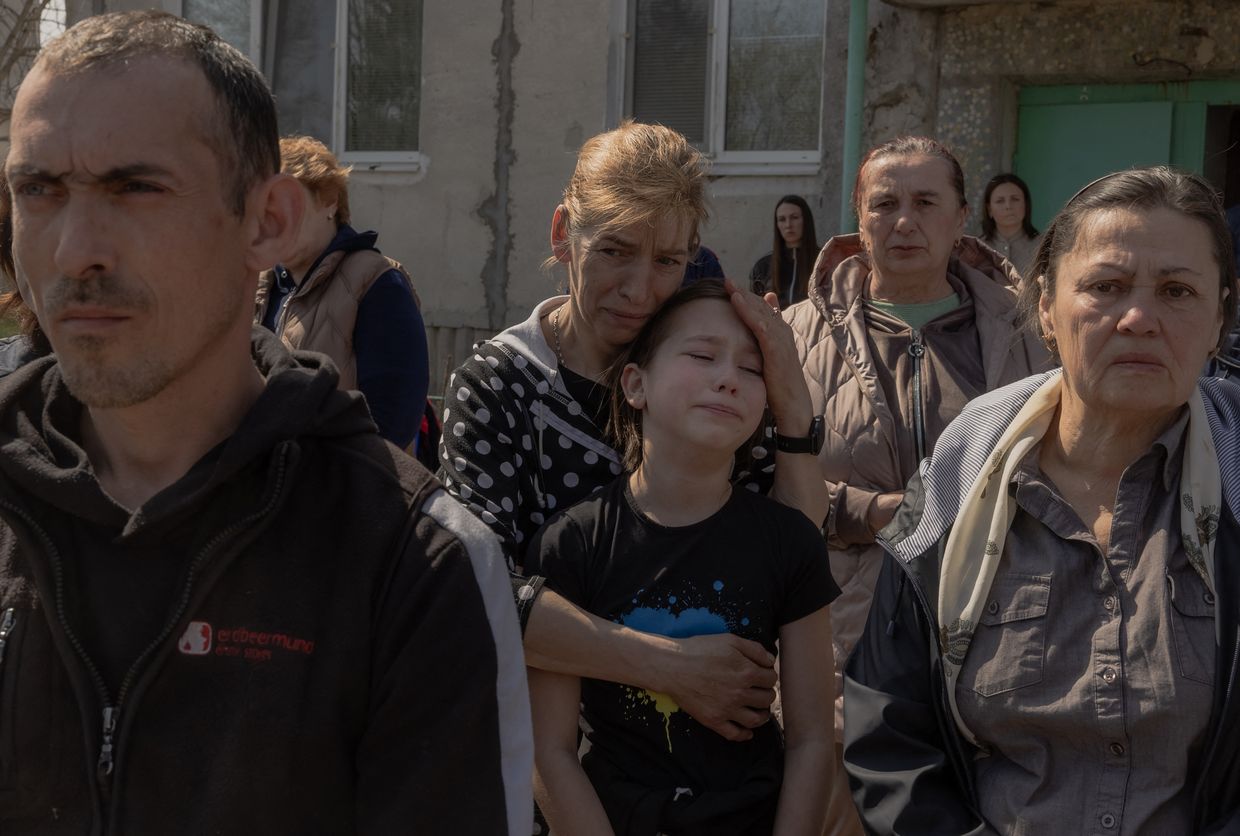
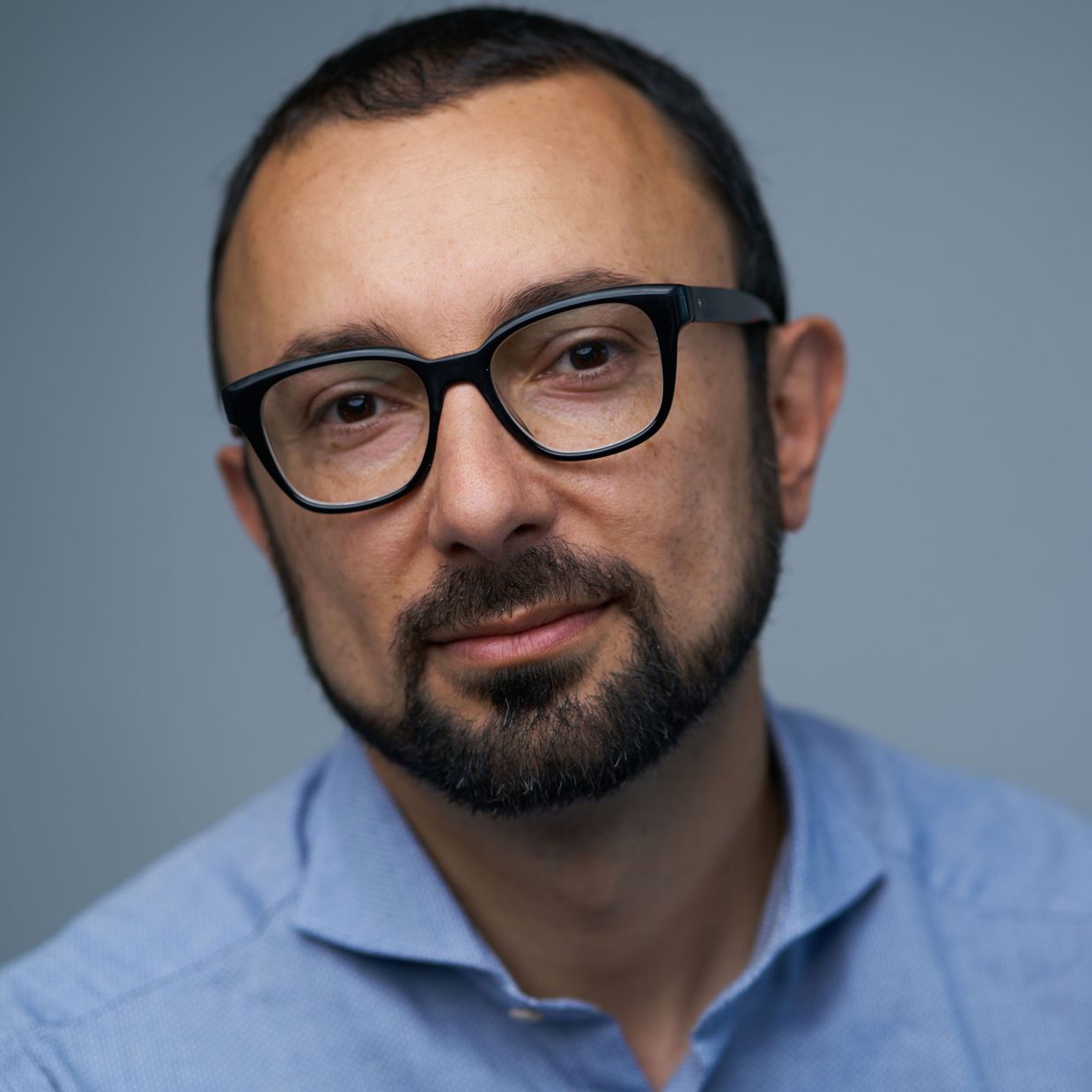
.png)
 German (DE)
German (DE)  English (US)
English (US)  Spanish (ES)
Spanish (ES)  French (FR)
French (FR)  Hindi (IN)
Hindi (IN)  Italian (IT)
Italian (IT)  Russian (RU)
Russian (RU)  7 hours ago
1
7 hours ago
1
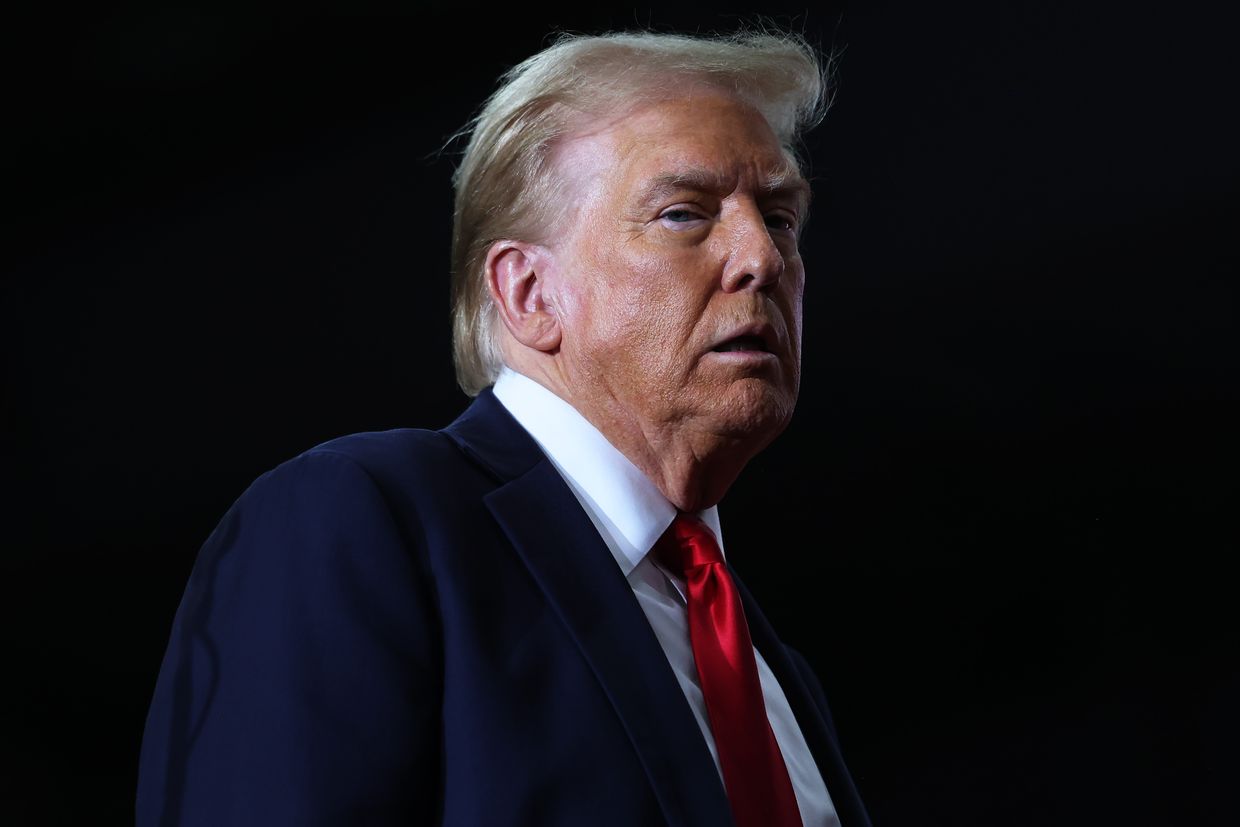

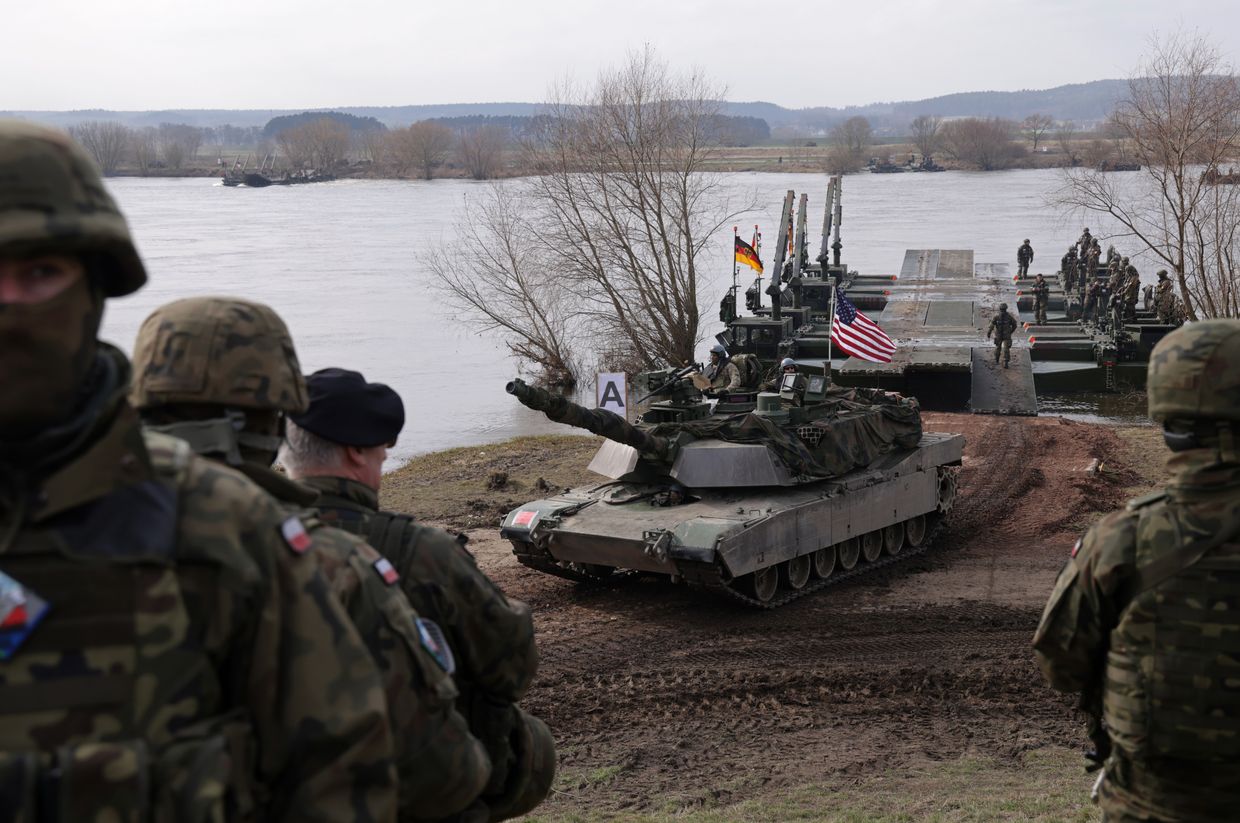
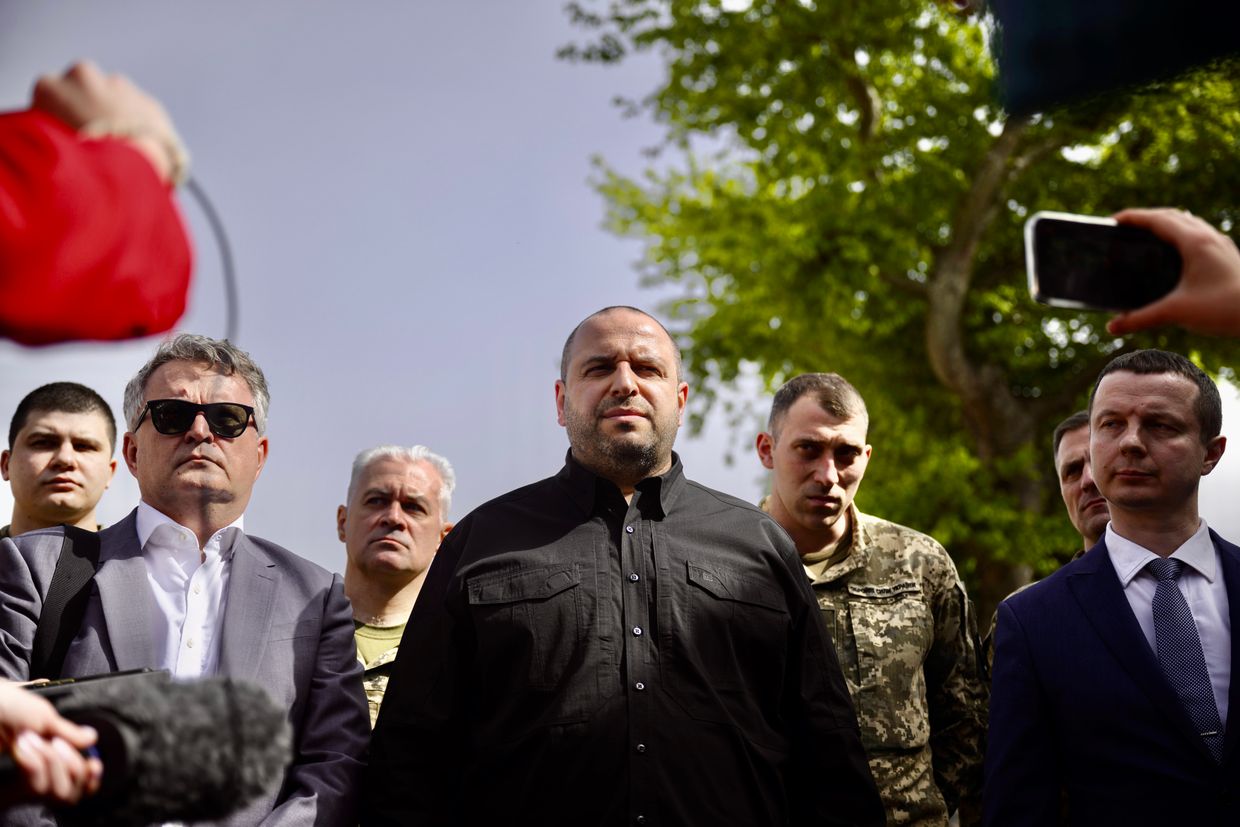
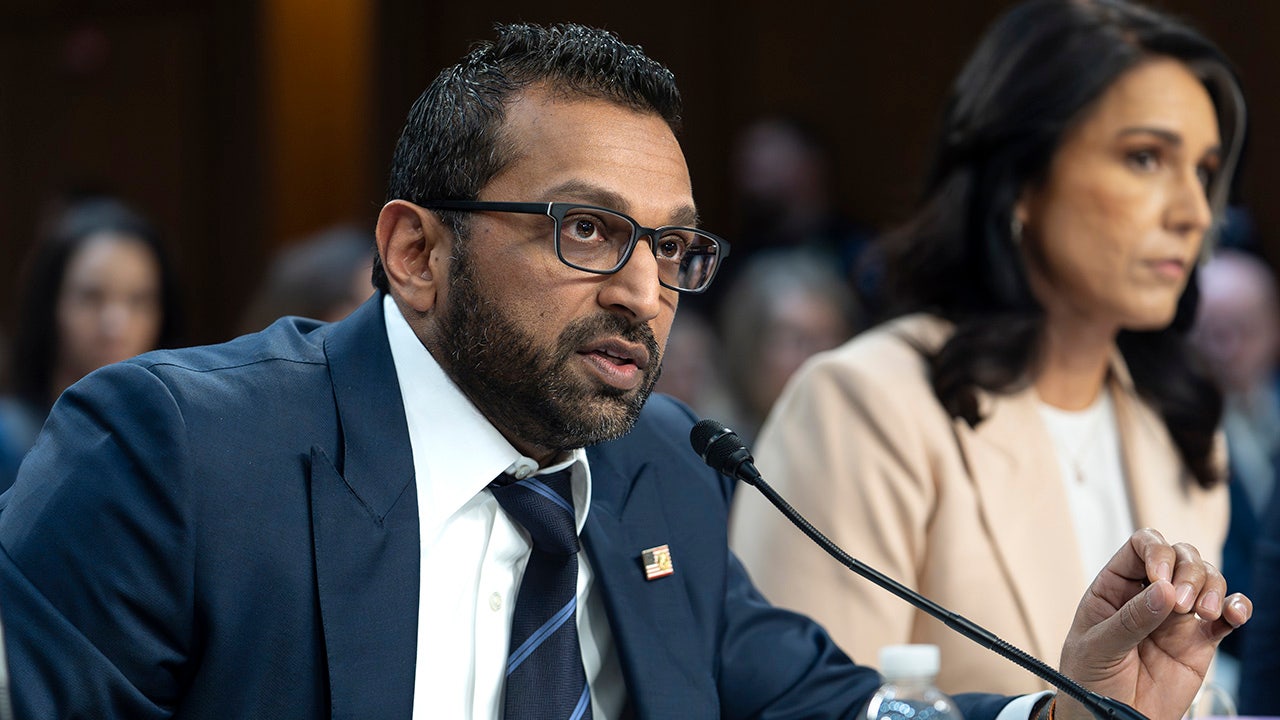




Comments